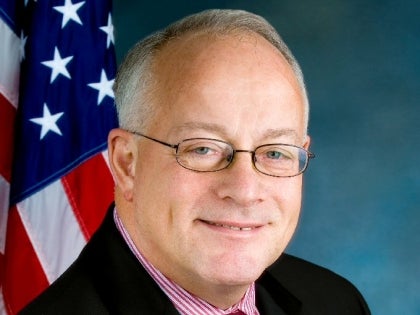
Senator Volker Passes "city Of Buffalo Historic Preservation Tax Credit"
(ALBANY, N.Y.) Senator Dale M. Volker (R-C-I, Depew) announced today that he has passed the "City of Buffalo Historic Preservation Tax Credit" bill. Senator Volker’s legislation would ensure funding for potential historic rehabilitation projects found within Buffalo and western New York.
"The City of Buffalo has a tremendous history of industry, finance and innovation. Likewise, we have many historical buildings that are of notable architectural importance that have seen better days," said Senator Dale M. Volker. "Buffalo continues to draw millions of dollars from out-of-state tourists who appreciate the built landmarks created by local and nationally renowned architects. It is my belief that instead of just tearing down these historical buildings, we should rather let developers, investors and owners have the opportunity to rehabilitate these structures. My legislation would do just that."
Due to a funding shortage, many potential historic rehabilitation projects never get off the ground. Often, a lack of funding is not uncommon for historic developments but is particularly common in western New York. With a high volume of historic properties located in and around Buffalo, the rehabilitation costs tend to be higher, mainly because they deteriorate longer pending a financing plan that would support redevelopment. The availability of a state historic tax credit for properties located in Buffalo and around western New York would allow for the redevelopment of more historic properties in a shorter period of time. This would then lower the rehabilitation costs because less deterioration of that building would be present.
Senator Dale M. Volker said, "When Buffalo was selected as the western terminus for the Erie Canal, it marked the beginning of a great period of prosperity for the region. The growth that followed resulted in hundreds of significant buildings reflecting the spectrum of architectural styles. What makes the City of Buffalo attractive to many is the diversity of its people, its economy, and its architecture. This legislation is important to the future of our region and I urge the State Assembly to act on this bill."
This legislation has been forwarded to the State Assembly for their consideration.